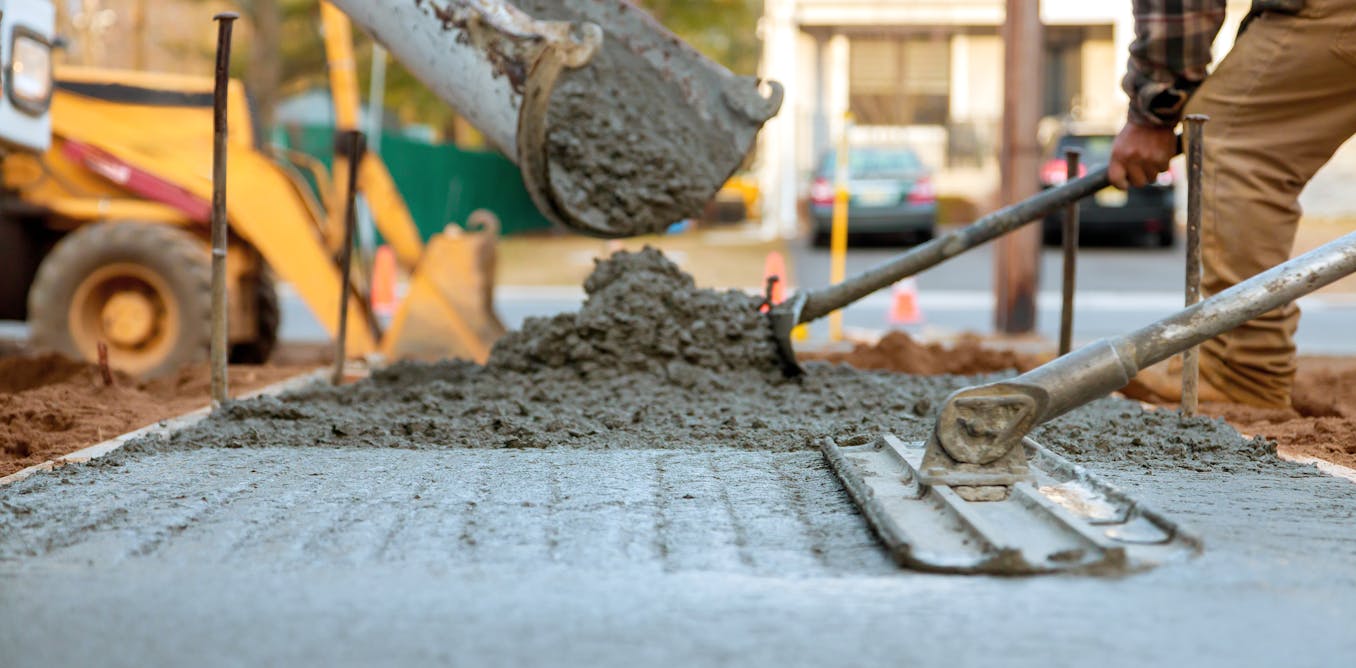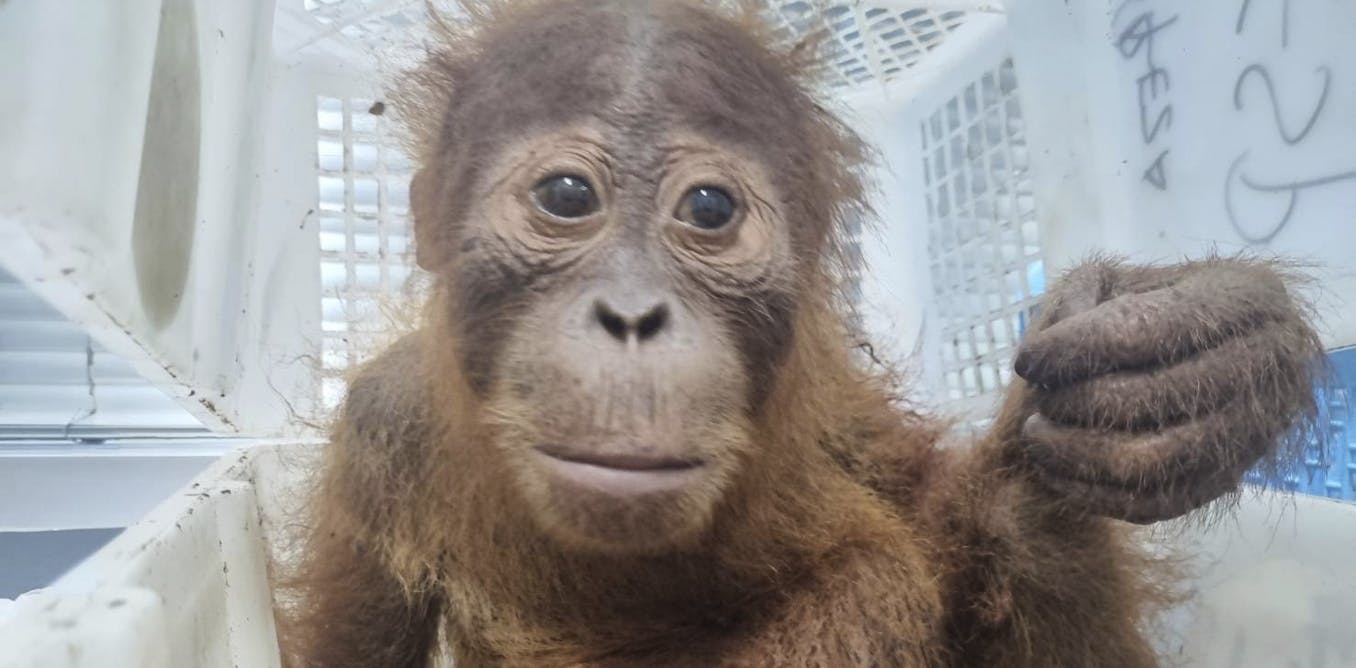Farming in India is tough work—and it’s only getting tougher. Water shortages, a rapidly changing climate, disorganized supply chains, and difficulty accessing credit make every growing season a calculated gamble. But farmers like Harish B. are finding that new AI-powered tools can take some of the unpredictability out of the endeavor. (Instead of a surname, Indian given names are often combined with initials that can represent the name of the person’s father or village.)
The 40-year-old took over his family’s farm on the outskirts of Bengaluru, in southern India, 10 years ago. His father had been farming the 5.6-hectare plot since 1975 and had shifted from growing vegetables to grapes in search of higher profits. Since taking over, Harish B. has added pomegranates and made a concerted effort to modernize their operations, installing drip irrigation and mist blowers for applying agricultural chemicals.
Then, a year and a half ago, he started working with the Bengaluru-based startup Fasal. The company uses a combination of Internet of Things (IoT) sensors, predictive modeling, and AI-powered farm-level weather forecasts to provide farmers with tailored advice, including when to water their crops, when to apply nutrients, and when the farm is at risk of pest attacks.
Harish B. uses Fasal’s modeling to make decisions about irrigation and the application of pesticides and fertilizer. Edd Gent
Harish B. says he’s happy with the service and has significantly reduced his pesticide and water use. The predictions are far from perfect, he says, and he still relies on his farmer’s intuition if the advice doesn’t seem to stack up. But he says that the technology is paying for itself.
“Before, with our old method, we were using more water,” he says. “Now it’s more accurate, and we only use as much as we need.” He estimates that the farm is using 30 percent less water than before he started with Fasal.
Indian farmers who are looking to update their approach have an increasing number of options, thanks to the country’s burgeoning “agritech” sector. A host of startups are using AI and other digital technologies to provide bespoke farming advice and improve rural supply chains.
And the Indian government is all in: In 2018, the national government has declared agriculture to be one of the focus areas of its AI strategy, and it just announced roughly US $300 million in funding for digital agriculture projects. With considerable government support and India’s depth of technical talent, there’s hope that AI efforts will lift up the country’s massive and underdeveloped agricultural sector. India could even become a testbed for agricultural innovations that could be exported across the developing world. But experts also caution that technology is not a panacea, and say that without careful consideration, the disruptive forces of innovation could harm farmers as much as they help.
How AI is helping India’s small…
Read full article: How AI Will Impact Agriculture in India

The post “How AI Will Impact Agriculture in India” by Edd Gent was published on 12/10/2024 by spectrum.ieee.org





































Leave a Reply